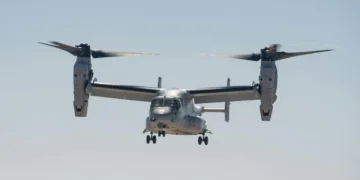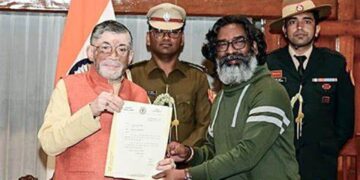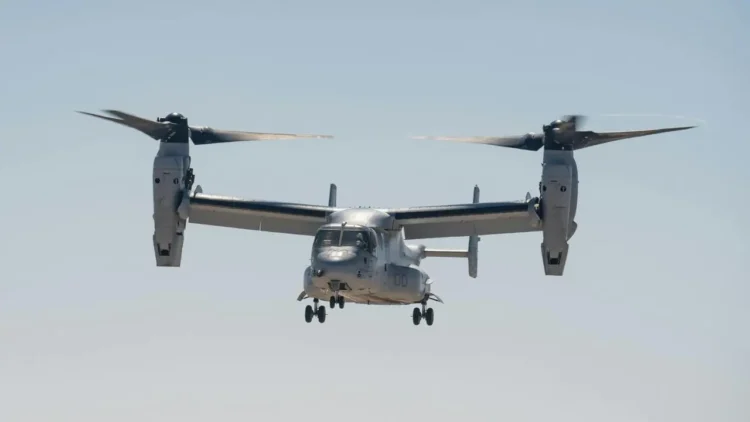In a tragic incident, a helicopter crash in northwestern Iran claimed the lives of President Ebrahim Raisi and Foreign Minister Hossein Amir-Abdollahian, among others. The crash occurred while they were returning from an event with Azerbaijan’s President Ilham Aliyev after inaugurating a dam on the countries’ shared border. This sudden and unfortunate event has significantly impacted Iran’s political landscape.
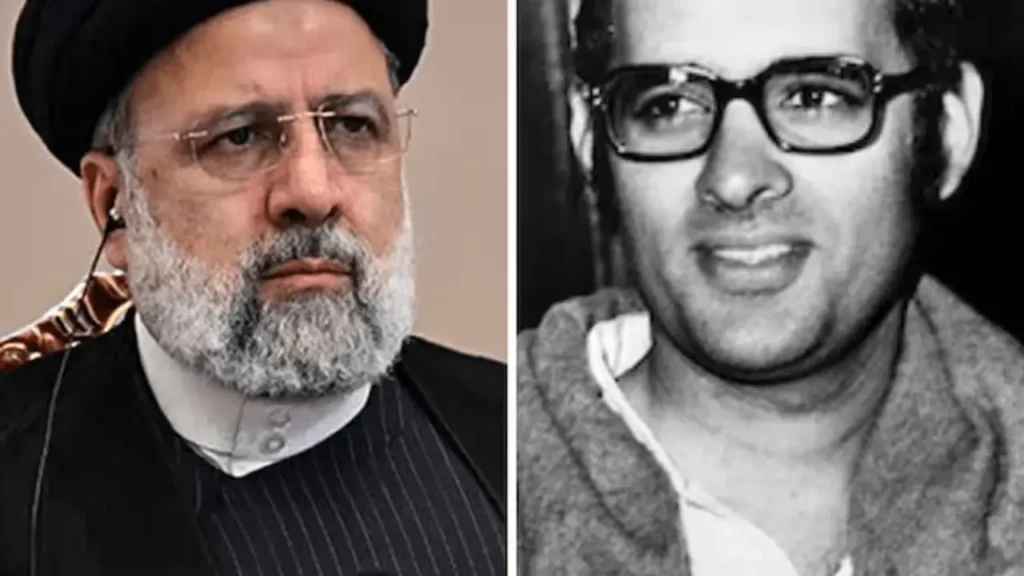
Read Also: Shocking Incident: Air India Flight with 180 Passengers Collides with Tug Tractor at Pune Airport
Ebrahim Raisi, who rose to power as Iran’s eighth President in 2021, succeeded the moderate President Hassan Rouhani. Raisi’s presidency marked a substantial political shift from Rouhani’s administration, characterized by a promise of change through dialogue and engagement with the international community. In contrast, Raisi’s conservative agenda focused on strengthening traditional values and national sovereignty. This transition reflected a broader movement within Iran towards a more conservative and insular political stance, with Raisi at the helm steering the country in this new direction. HCis death leaves a void in the leadership, raising questions about the future trajectory of Iranian politics and policies.
Impact of Raise’s Death: Ebrahim Raisi
The death of President Ebrahim Raisi carries significant implications for Iran, especially in light of his support for non-state militias like Hamas and Hezbollah and the expansion of Iran’s nuclear program. Raisi’s passing comes at a challenging moment for the country, which is already grappling with economic struggles due to U.S.-imposed sanctions and heightened regional tensions, particularly with Israel.
Raisi’s leadership provided a sense of stability and continuity in Iran’s diplomatic engagements, and his absence now exacerbates the challenges the nation faces. Moreover, his death may fuel conspiracy theories and further escalate regional tensions, given the geopolitical complexities in West Asia.
In the immediate aftermath, Iran’s priorities include conducting a thorough investigation into the helicopter crash to determine its cause and prevent similar incidents in the future. Additionally, ensuring a smooth transition to a new presidency is crucial to maintain stability and address the ongoing economic and geopolitical challenges Iran is confronting. The sudden loss of Raisi underscores the need for a strategic and coordinated approach to navigate these turbulent times effectively.
With First Vice-President Mohammed Mokhber assuming interim presidential powers following Ebrahim Raisi’s tragic passing, Iran faces a period of transition and uncertainty. The upcoming presidential election, expected to take place within 50 days, adds to the complexities of this situation.
In terms of Iran’s future outlook, there is an expectation of continuity in foreign policy, with no significant shifts anticipated. However, the loss of experienced leadership, particularly during domestic and regional uncertainties, presents additional challenges. Maintaining stability amidst these transitions and navigating geopolitical tensions will be crucial for the Islamic Republic.
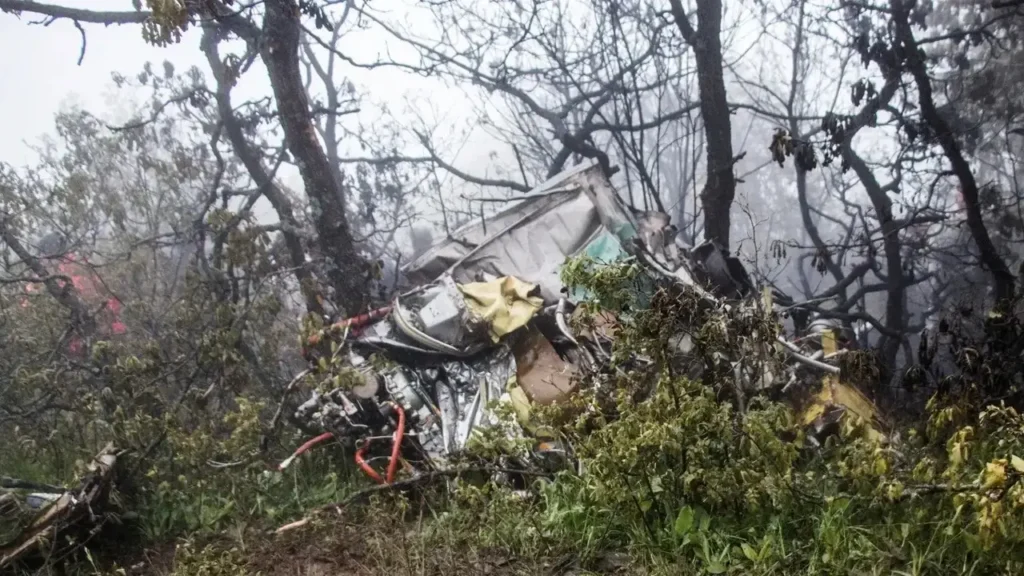
Read also: T20 World Cup 2024: India and Bangladesh Clash in USA Warm-Up Match
The interim leadership under Mohammed Mokhber will play a pivotal role in steering Iran through these challenging times, ensuring a smooth transition to the next presidency and addressing the various economic, political, and security concerns facing the nation. The stability and coherence of Iran’s leadership of Ebrahim Raisi will significantly impact its ability to navigate both internal and external challenges effectively in the coming month
The sudden passing of President Ebrahim Raisi has thrust Iran into a period of significant transition and uncertainty. With First Vice-President Mohammed Mokhber assuming interim presidential powers and a presidential election expected within 50 days, the nation’s immediate future is marked by the need for stability and careful management. Despite the expectation of continuity in Iran’s foreign policy, the loss of experienced leadership amidst ongoing domestic and regional challenges adds layers of complexity to the situation.
Ensuring stability during this transitional period will be crucial for Iran as it navigates its economic struggles and geopolitical tensions. The actions taken by the interim leadership and the upcoming election will play a vital role in determining Iran’s path forward, impacting both its internal coherence and its position on the global stage. The legacy of Ebrahim Raisi will continue to influence Iran’s political landscape, and the country’s ability to manage this transition will be key to its future stability and prosperity.
To get more out of our exclusive news, Join us on our WhatsApp Channel, Facebook, and Instagram.
